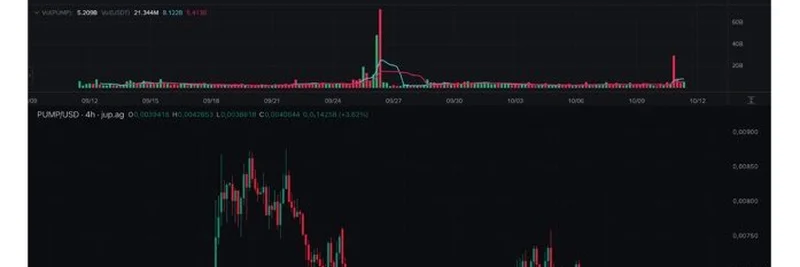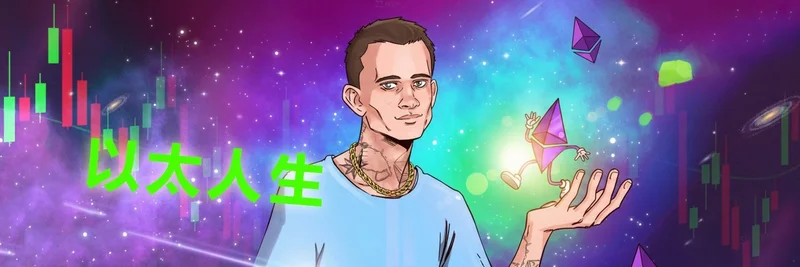In the fast-paced world of meme tokens, where fortunes can flip in seconds, a recent tweet from Simon Dedic, founder of Moonrock Capital, has sparked heated discussions. His post compares the $PUMP/USDT charts on Binance, a major centralized exchange (CEX), and Jupiter, a leading decentralized exchange (DEX) on Solana. What looks like a brutal dump on Jupiter appears as an outright scam on Binance, with the price plummeting to near zero. This isn't just about one token—it's a wake-up call for anyone trading meme coins.
Dedic points out that this pattern isn't unique to $PUMP, a popular meme token launched via platforms like pump.fun. Many altcoins and meme tokens showed similar discrepancies during a massive market liquidation event on October 10, 2025. While DEXs like Jupiter maintained liquidity and handled the volatility, CEXs like Binance seemed to falter, leading to suspicions of manipulation or infrastructure failures.
왜 더 이상 CEX를 신뢰할 수 없나
Centralized exchanges have long been the go-to for crypto traders due to their user-friendly interfaces and high liquidity. But incidents like this remind us why they're risky. As Dedic notes, "You simply can’t trust any CEX." We've seen this before with events like the FTX collapse or past Binance outages. During high-volatility periods, CEXs can halt trading, manipulate order books, or even experience "glitches" that wipe out user positions.
In this case, the $PUMP chart on Binance dipped to absurd lows, potentially triggering forced liquidations for leveraged traders. Replies to the tweet echo this frustration—one user shared similar charts for $ATOM and $LINK during previous dumps, questioning why we're still using CEXs. Another highlighted how Bybit blocked accounts without reason, underscoring the lack of transparency.
For meme token enthusiasts, this is especially relevant. Meme coins thrive on hype and rapid trades, but on CEXs, your funds aren't truly yours. They're in someone else's wallet, vulnerable to hacks, freezes, or worse.
DEX의 부상: 밈 토큰에 대한 게임 체인저
On the flip side, Dedic praises how far DEXs have come. Jupiter, built on Solana, held up remarkably during the chaos. Liquidity didn't evaporate, and the infrastructure proved resilient. This aligns with trends showing DEXs like Hyperliquid gaining market share over CEXs.
The "flippening"—where DEXs overtake CEXs in trading volume—might be accelerating. For meme tokens, which often start on DEXs like Raydium or Jupiter, this shift means better security and true decentralization. No more worrying about a central entity pulling the plug.
One reply mentioned Hyperliquid's similar chart but emphasized DEX resilience. Another user boiled it down: "CEX = someone's wallet, DEX = YOUR FKN WALLET." It's a simple yet powerful reminder that self-custody via DEXs protects your assets.
밈 토큰 트레이더를 위한 교훈
If you're diving into meme tokens like $PUMP, here are key takeaways from this thread:
Prioritize DEXs: Platforms like Jupiter offer robust trading without the CEX pitfalls. They're ideal for Solana-based memes, providing fast, low-fee swaps.
Stay Vigilant on Volatility: Events like the October 10 liquidation show how quickly things can turn. Use tools like Dexscreener to monitor real-time charts across exchanges.
Diversify and Secure: Don't keep all funds on one platform. Wallets like Phantom or Solflare give you control, aligning with crypto's core ethos.
This incident isn't just drama—it's a push toward a more balanced crypto ecosystem. As Dedic concludes, avoiding CEXs isn't just good for the industry; it's essential for safeguarding your investments. If you're trading meme tokens, now's the time to embrace DEXs and leave the centralized risks behind.




